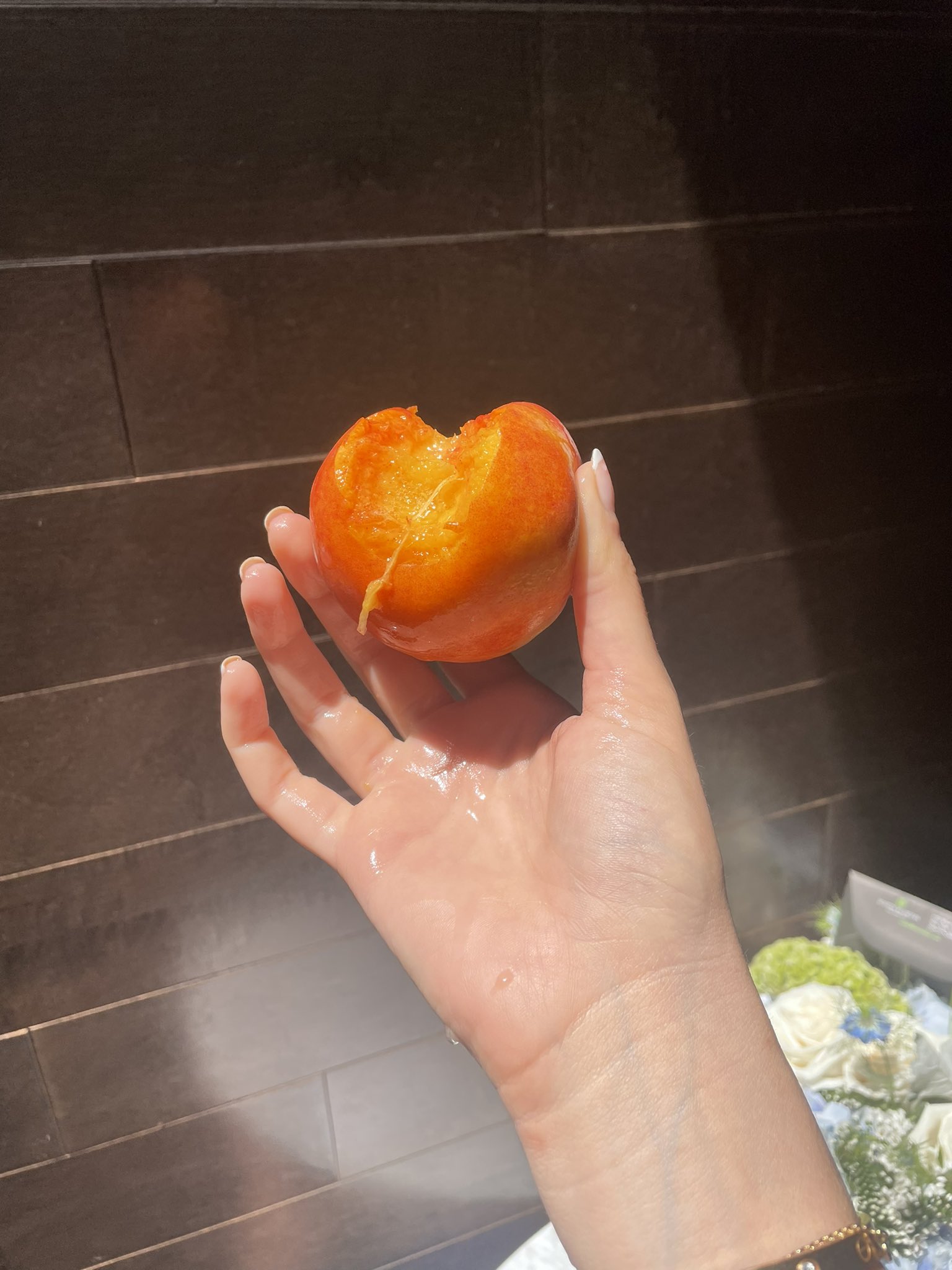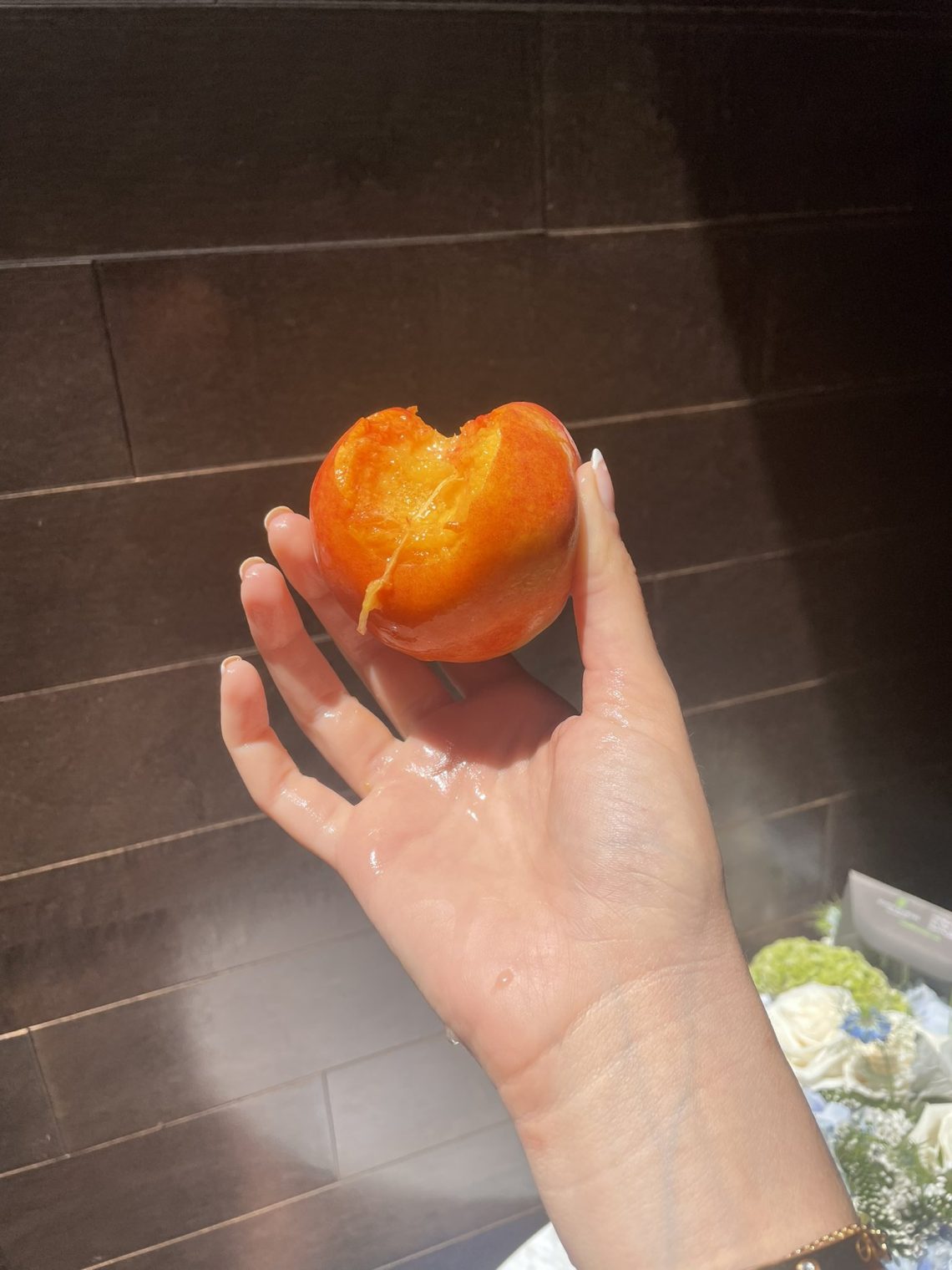Waking up, going to the terrace with a coffee in hand, barefoot, feeling the sun kiss my toes as I sip and soak in the view—cattle grazing on the grass.
The simple things in life don’t bring happiness; they bring peace.
In other blog posts, I’ve talked about happiness—y’all know I think it’s overrated..
Let me sum it up: “Life can’t be a constant high.”
Why peace?
Because peace is steady, unwavering, like a river flowing beneath it all.
It doesn’t need fanfare or validation—it’s just there, like me right now, scribbling these lines.
So many people put their faith in the superficial, only to realize they’ve spent their lives wearing a mask (fitting in, pleasing others, surviving).
The problem?
That mask becomes their life. Their shield turns into their identity, no longer protection but a prison of their own making.
This reminds me of two things:
– Sartre and his “bad faith”: living trapped in a social role.
This plays out as performing for others—the “perfect” partner for the family, the professional role society expects, the status-symbol Material luxury, the countless roles you’re “supposed” to play.
My dear readers, this is nothing but the mask—the self crafted to satisfy others.
But, where’s the real me?
That’s the question few dare ask, because the answer often stings.
Oug! Monogamy back in the day was propped up not just by cultural values but by circumstance.
Common! Grandpas didn’t have Tinder, budget flights, or Instagram.
Choices were limited.
Today, hyperconnectivity multiplies options but also fuels frustration and comparison.
Maybe an open, deep connection is more realistic than clinging to traditional monogamy—not because love’s absent, but because love now faces an endless universe of stimuli.
It’s a pity we still talk about love like it’s the last century, while living in an ecosystem that dynamites those old structures.
Is there always smt better?
– The modern social paradox: Damn! So many people curating their “image” (on socials, in relationships, at work) that it only solidifies their liquid, adaptable mask from the start—yep, their public persona.
They never let go of their social role.
So, do other people’s expectations of me really matter that much?
The trap is they do… until you decide they don’t.
Even if you say you’re above it, social pressure still exists—you just choose whether it weighs you down or not.
True freedom—like Nietzsche’s “Übermensch”—shows up when you stop following those inherited scripts.
But that leap comes at a cost: solitude, criticism, labels.
Are you willing to pay for it?
I once heard a guy say, “If I get married, it’s for life.”
Sure sweetie, I replied, because marriage is a commitment of the mind, not the heart.
The rough part?
These cognitive choices, aligned with your morals, have to be unshakable and allergic to this era’s chaos haha
It makes me think of something ironic: in the past, marriage was mostly an economic-social pact (families, inheritances, kids, stability).
Romantic love is a much newer invention we try to shoehorn into the same institution.
No wonder it blows up so often today.
This week, I read a quote in a book I want to unpack:
On Hedonism
Beauty makes me hopeless. I don’t care why anymore I just want to get
away. When I look at the city of Paris I long to wrap my legs around it.
When I watch you dancing there is a heartless immensity like a sailor in a dead-calm sea. Desires as round as peaches bloom in me all night,
no longer gather what falls.
Let’s break it down…
– “Beauty makes me hopeless”
Beauty doesn’t bring joy or meaning—it overwhelms, leaves you empty. Here, beauty’s an excess you can’t sustain. The “hedonic treadmill” shines through: too much pleasure, perfection, or stimulus doesn’t elevate—it exhausts, especially when age creeps in like death in a black hood.
– “When I look at the city of Paris, I long to wrap my legs around it”
Paris as a desirable body—pleasure, luxury, sensuality. “Wrapping my legs around it” is a metaphor for wanting to possess the city like a lover, an erotic desire stretched to the absolute, craving totality.
– “When I watch you dancing, there’s a heartless immensity like a sailor in a dead-calm sea”
Watching someone dance sparks a vast, heartless longing, like a sailor stuck in a dead-calm sea.
The desire is immense but hollow, paralyzing. A calm sea, instead of peace, is stagnation here—the sailor’s trapped in endless, unmoving desire, wanting everything yet unmoved.
– “I no longer gather what falls”
They’re done picking up the peaches (fruits of desire) that fall. Desires still bloom, but they no longer feel the need to chase them. It’s hedonism’s saturation: pleasure leaves you empty. Desire is sensual, carnal, alive… but also repetitive, cyclical, predictable.
Overall take on the quote:
It’s about someone overwhelmed by hedonism. Anyone who’s tasted hedonism has bitten into that peach. Beauty and desire, instead of joy, suffocate. Paris—that exquisite body—or the dancer’s moving form are symbols of sensual pleasure, but they lead to existential emptiness. It’s like, “I know having so much desire doesn’t give me meaning; pleasures surround me, but I don’t need or want them anymore.” 🌟
This vibes with philosophers who saw it coming:
– Epicurus: true hedonism is enjoying the simple (because excess inevitably cloys).
– Nietzsche: when everything’s trivial pleasure, nihilism looms—the void.
Gossip Sesh:
1.On a business trip, a super influential guy told me he always made sure he was the most powerful person in the room. He’d ask himself, “Am I the most powerful person here?” and the answer was always yes—because he made it so. Now, he says, “I still ask myself that, and I still am, kid.”
What did I see?
This guy shared his mental ritual: in every meeting, he’d ask, “Am I the most powerful here?” and answer “yes”—not as a wish, but as fact.
It’s an exercise in self-affirmation, teetering between stoic and narcissistic. 💭 Maybe the lesson isn’t to copy him, but to decide what kind of power I want to embody at 60.
2. This week, I was chatting with a friend in Madrid, and we agreed life only has two real purposes—correct me if I’m wrong—building and philosophizing.
It’s so easy to buy into prefabricated social scripts:
“Being alone is bad.”
“Being unloved is the worst thing that can happen.”
“Not having a career makes you a loser.”
“Women must pay for certain sins just for being women.”
One by one, these unwritten rules fill your life. The rest—accumulating, consuming, performing—are just extra lines in the script.
Distractions. Goals sold as purpose, but they’re just noise with good PR.
3. Also, this week a friend wrote to me saying:
“Wow Kim, so good to know you’re back, I’ve got the hookup for the best parties and drugs you’ve ever tried.”
Literally the next day I sent him a Kermit the Frog (from the Muppets) meme spinning on a pole surrounded by fire—I’m not sure he got the message, but that’s what I replied the day after seeing him the night before.
Dear reader, that life doesn’t interest me anymore 😮💨
Personally, a good whisky and a great convo are more than enough…
That burning stripper Kermit could be anyone who lets neon lights and fake aliveness keep them spinning on the hamster wheel 🤷♀️
They charge you for the air you breathe with your time—it’s the only currency they care about.
Choose to breathe peace! 🧠
So… How many peaches would you eat before you’re sick of them?
Maybe you’d have to lose your teeth to stop haha 😅
Bye now! 🥸






